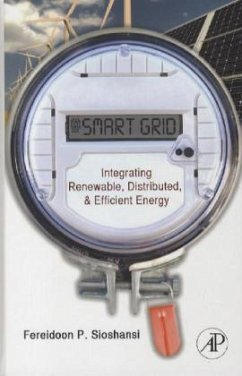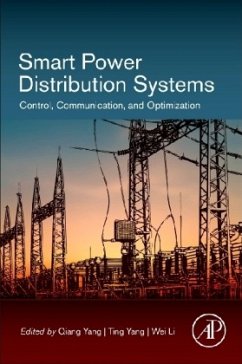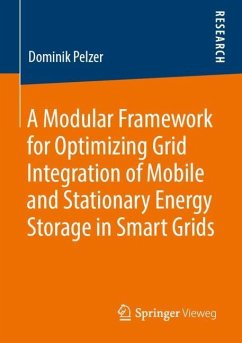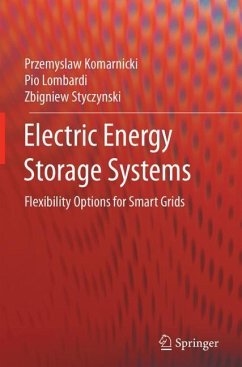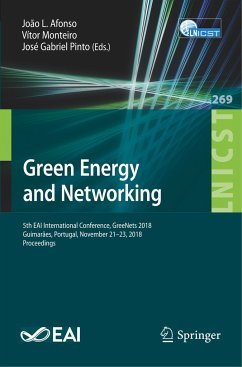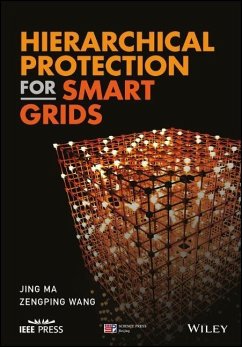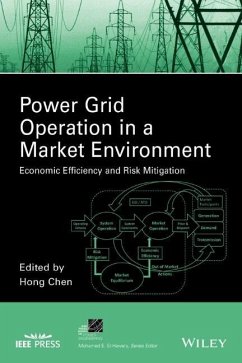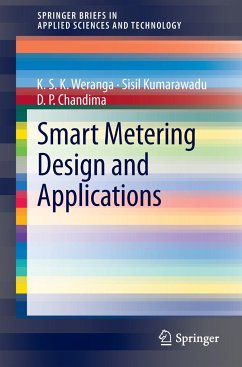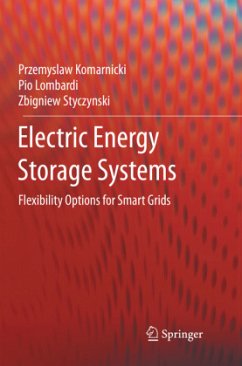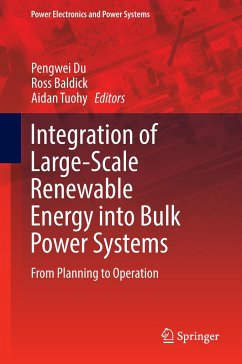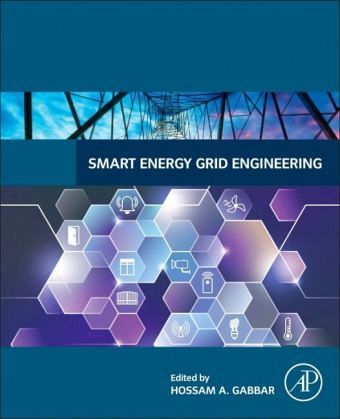
Smart Energy Grid Engineering

PAYBACK Punkte
41 °P sammeln!
Smart Energy Grid Engineering provides in-depth detail on the various important engineering challenges of smart energy grid design and operation by focusing on advanced methods and practices for designing different components and their integration within the grid. Governments around the world are investing heavily in smart energy grids to ensure optimum energy use and supply, enable better planning for outage responses and recovery, and facilitate the integration of heterogeneous technologies such as renewable energy systems, electrical vehicle networks, and smart homes around the grid.By look...
Smart Energy Grid Engineering provides in-depth detail on the various important engineering challenges of smart energy grid design and operation by focusing on advanced methods and practices for designing different components and their integration within the grid. Governments around the world are investing heavily in smart energy grids to ensure optimum energy use and supply, enable better planning for outage responses and recovery, and facilitate the integration of heterogeneous technologies such as renewable energy systems, electrical vehicle networks, and smart homes around the grid.
By looking at case studies and best practices that illustrate how to implement smart energy grid infrastructures and analyze the technical details involved in tackling emerging challenges, this valuable reference considers the important engineering aspects of design and implementation, energy generation, utilization and energy conservation, intelligent control and monitoring data analysis security, and asset integrity.
By looking at case studies and best practices that illustrate how to implement smart energy grid infrastructures and analyze the technical details involved in tackling emerging challenges, this valuable reference considers the important engineering aspects of design and implementation, energy generation, utilization and energy conservation, intelligent control and monitoring data analysis security, and asset integrity.




